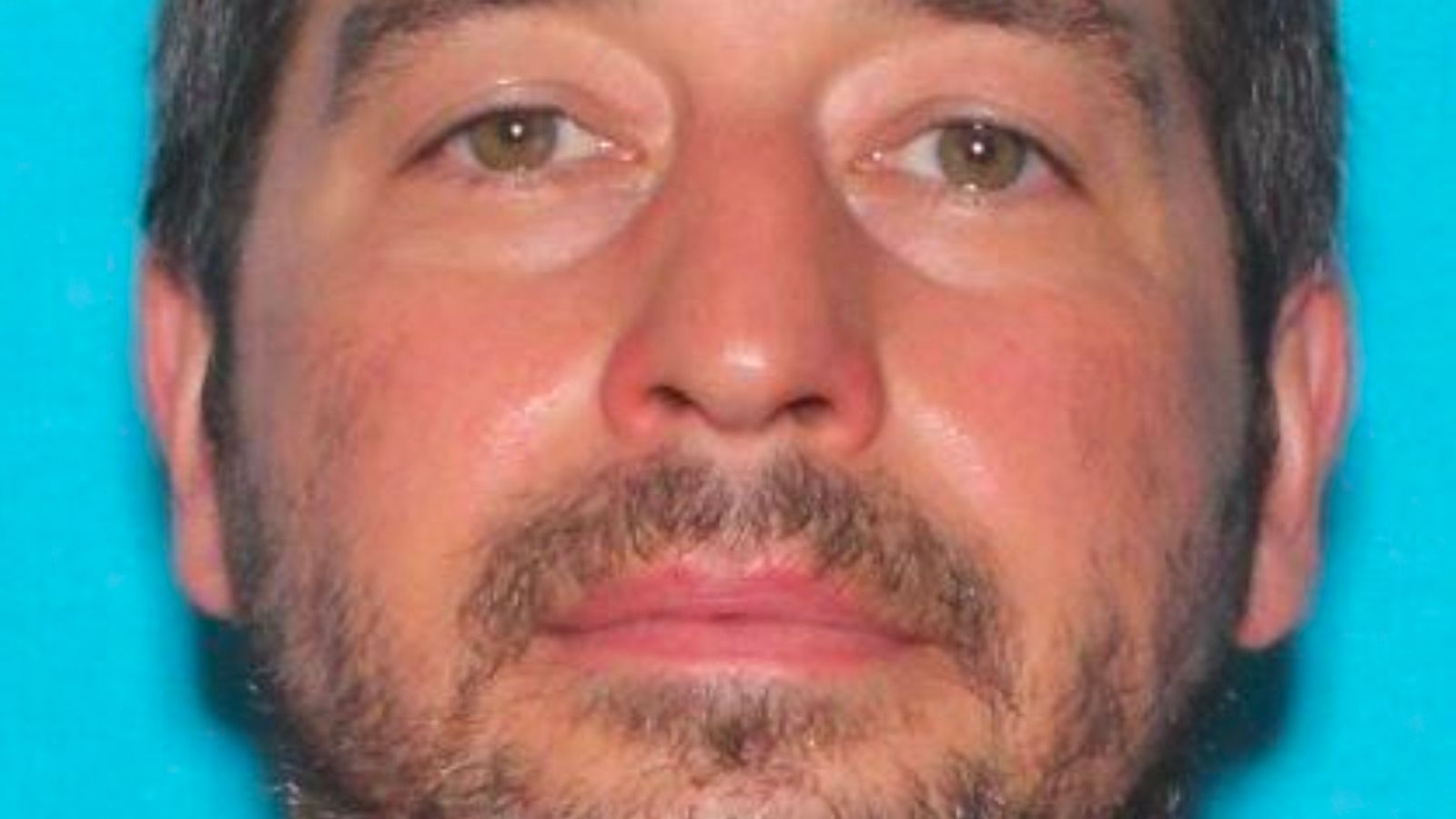Tissue from the brain of a man who shot dead 18 people is being analysed for signs of injury related to his army service.
Robert Card, 40, carried out his rampage on 25 October, opening fire in a bowling alley and bar in Lewiston in Maine.
Card, who was found dead after a three-day manhunt, was in the US Army Reserve and there are concerns about his repeated exposure to blasts when he trained cadets about guns, grenades and anti-tank weapons.
The state medical examiner wants to see if a brain injury might have contributed to his unusual behaviour leading up to the shooting.
Friends and family said he showed paranoid behaviour in the summer while training recruits at West Point, New York, and was admitted to a psychiatric hospital for two weeks.
They said, among other things, he was hearing voices and believed others were accusing him of being a paedophile.
Card’s colleagues were so concerned that his access to weapons was restricted when he left hospital and at least one reservist raised concerns about a mass shooting.
There were fears he could commit another mass killing while police were searching for him after the shooting.
It was later ruled that he killed himself.
A spokesperson for the medical examiner said a lab in Massachusetts was looking at the brain tissue in order to be thorough, and “due to the combined history of military experience and actions”.
Read more from Sky News:
Suspect arrested after cheerleader, 16, found dead in bath
US pilot safely ejects before fighter jet crashes
The Pentagon said the Army was involved in studies on “blast overpressure” and the brain and is reducing soldiers’ exposure until the results are known.
“The Army is committed to understanding, mitigating, accurately diagnosing and promptly treating blast overpressure and its effects in all forms,” said spokesman Lt Col Rob Lodewick.
“While prolonged blast exposures can be potentially hazardous, even if encountered on the training range and not the battlefield, there is still a lot to learn.”

